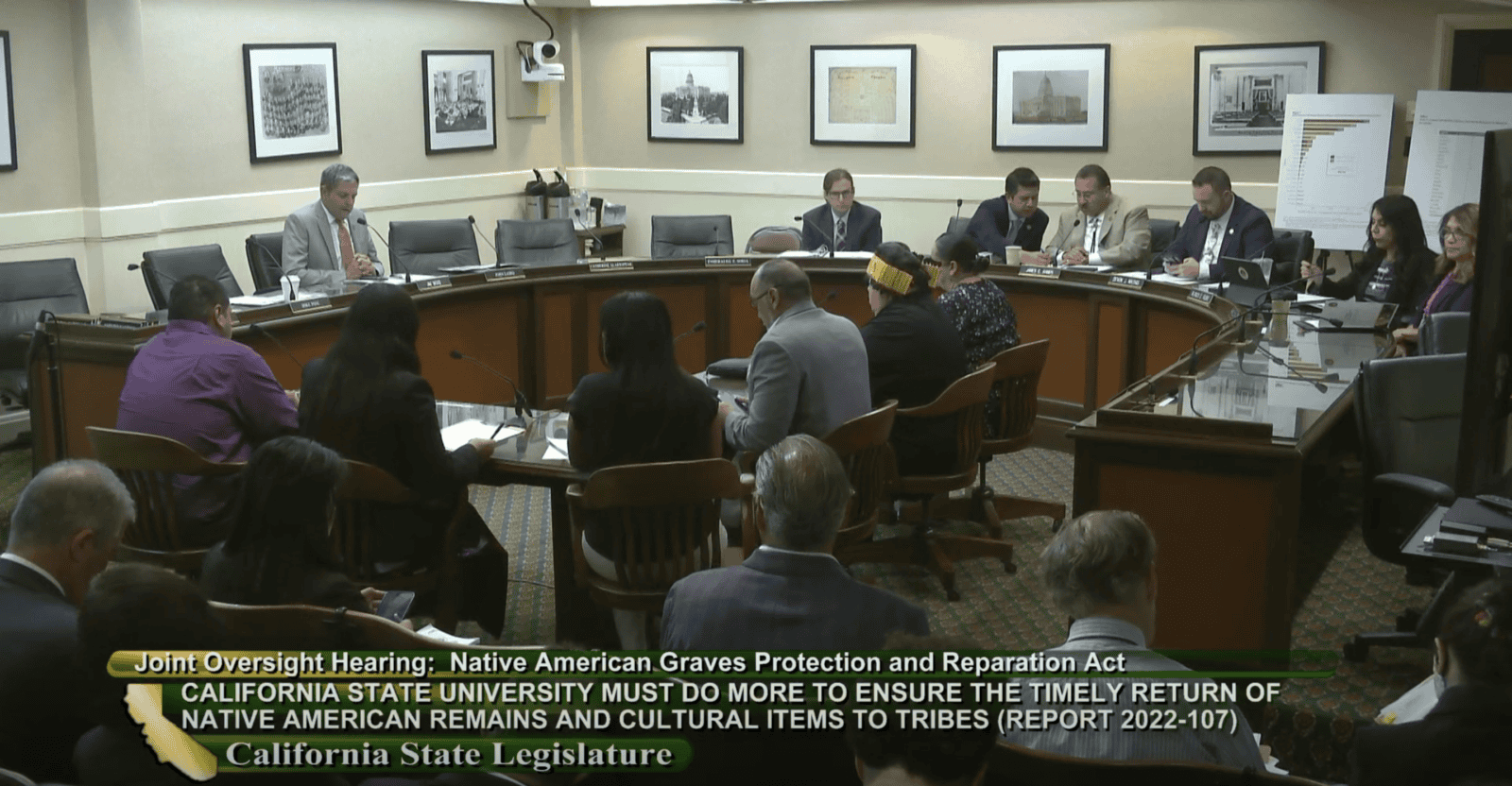It’s been over 30 years, why are California State Universities still not in compliance with NAGPRA?

By Tavi Lorelle Carpenter
This past Tuesday, August 29, 2023, State Legislators, Tribal Leaders, State Auditors and California State University (CSU) Representatives came together in Joint Hearing Joint Legislative Audit Committee and Assembly Select Committee on Native American Affairs, to find an explanation and solution to the findings of a June 2023 report. This audit report found the CSU system to be woefully negligent in their federal and state legal responsibilities to repatriate cultural items and ancestors back to the first people of California.
It has been thirty-three years since NAGPRA (Native American Graves Protection and Repatriation Act) and twenty-two years since the state’s complimentary CalNAGPRA (California Native American Graves Protection and Repatriation Act) were passed. Yet, the amount of repatriated ancestors and cultural items, according to the State auditor’s report, remains a dismal 6%*. I am willing to bet that the number is actually quite lower, as it doesn’t account for the Universities which haven’t even begun to catalog their so-called collections.
There is no good answer for why it’s taken so long for these Universities to adhere to federal and state laws. The excuses given to the auditors and in the hearing by the campuses are discussed as being a lack of prioritization and funding. What is missing from everyone’s mouth is the uncomfortable truth that in reality, repatriation is in conflict with academia.
I want to note that I am not against higher education, as one who plans on continuing on in scholarship, to rail against it would be hypocritical. But the convoluted history of academia and particularly anthropology, is something I continue to grapple with. Particularly as a former socio-cultural anthropology major.
In the UCLA anthropology department, as a Native student, I did feel seen and that my culture and history, especially as a California Indian person was honored with respect.
Most of the time.
I realized that during my time as a student, as is true for EVERYONE and any institution, there are implicit biases built into academia that can act as blinders. The controversy surrounding NAGPRA is a good example of how these blinders cause active harm.
The excuse often given against repatriation is that it stalls progress and doesn’t allow for scientific innovation. I remember having to write an essay in junior college, over whether or not knowledge superseded cultural beliefs. I decided it didn’t; however, with more insight and understanding, I’d like to amend my argument. This excuse is irrelevant to the conversation entirely as it is a repackaged formulation of colonialism designed to dehumanize and otherize Native people.
In the hearing, State Auditor Grant Parks firmly reminded all that since 2018, “the legislature declared that NAGPRA and CalNAGPRA were human rights laws” with the lack of repatriation being “incongruent with the State’s values”. This serves as an important reminder that the lack of repatriation isn’t a hot topic of discussion but a human rights issue.
The representatives from the CSU’s, expressed their acknowledgement of the audit’s findings and committed to doing better going forward. Including taking on the timeline set by the State auditors.
But, as expressed by Tribal Leader, Chairman Leo Sisco of the Tachi Yokut Tribe, “It’s very hard to trust people who give you false promises”.
It’s important to note that it isn’t just the universities that are at fault. NAGPRA and CalNAGPRA are federal and state laws, the responsibility of ensuring they were enacted relies at least partially with the governmental institutions.
But again, it is hard to trust institutions that have historically had an invested interest in the fracturing of your people. These structural systems are not set up with California Indian people in mind. Furthermore, California has a brutal history of genocide and land dispossession. While watching the hearing, I continually felt myself being skeptical, wondering if this audit will even have an impact.
The sentiment of accountability and the establishment of a solid plan for CSU’s to become compliant with NAGPRA and CalNAGPRA, was brought up several times. Assemblymember James Ramos, who has been leading the process from the governmental side, noted that Native voices needed to be part of the discussion from the very beginning, starting with the drafting process.
The process of repatriation however, stems beyond the returning of items, it is an active form of decolonization and healing. As Chairperson Janet Bill of Picayune Rancheria of the Chukchansi Indians explains, “Our ancestral remains and cultural items are the foundation of our identity and our heritage. This foundation connects our present day descendants with our ancestors providing a sense of continuity and belonging”. In a country and a state who has actively disrupted this continuity and belonging, repatriation is a necessary component for healing.
Protecting and caring for our ancestors and culture has been something California Indian people have been doing ever since it’s been under threat. And in the words of Vice Chairwoman Lorelle Ross of the Federated Indians of Graton Rancheria, “We will not stop until everyone and everything is home and we are whole!”
Assemblymember Ramos ended with an appeal that even though this hearing was regarding CSU’s “if [community colleges] don’t have a process, if they have remains, they should probably start moving to get their house in order.”
To watch the full joint hearing: https://www.assembly.ca.gov/media/joint-hearing-joint-legislative-audit-committee-and-assembly-select-committee-native-american-affairs-20230829
To read the State Auditor’s findings for CSU’s: https://www.auditor.ca.gov/reports/2022-107/index.html
*statistic from Chapter One, Table 2 of the State Auditor’s report.




